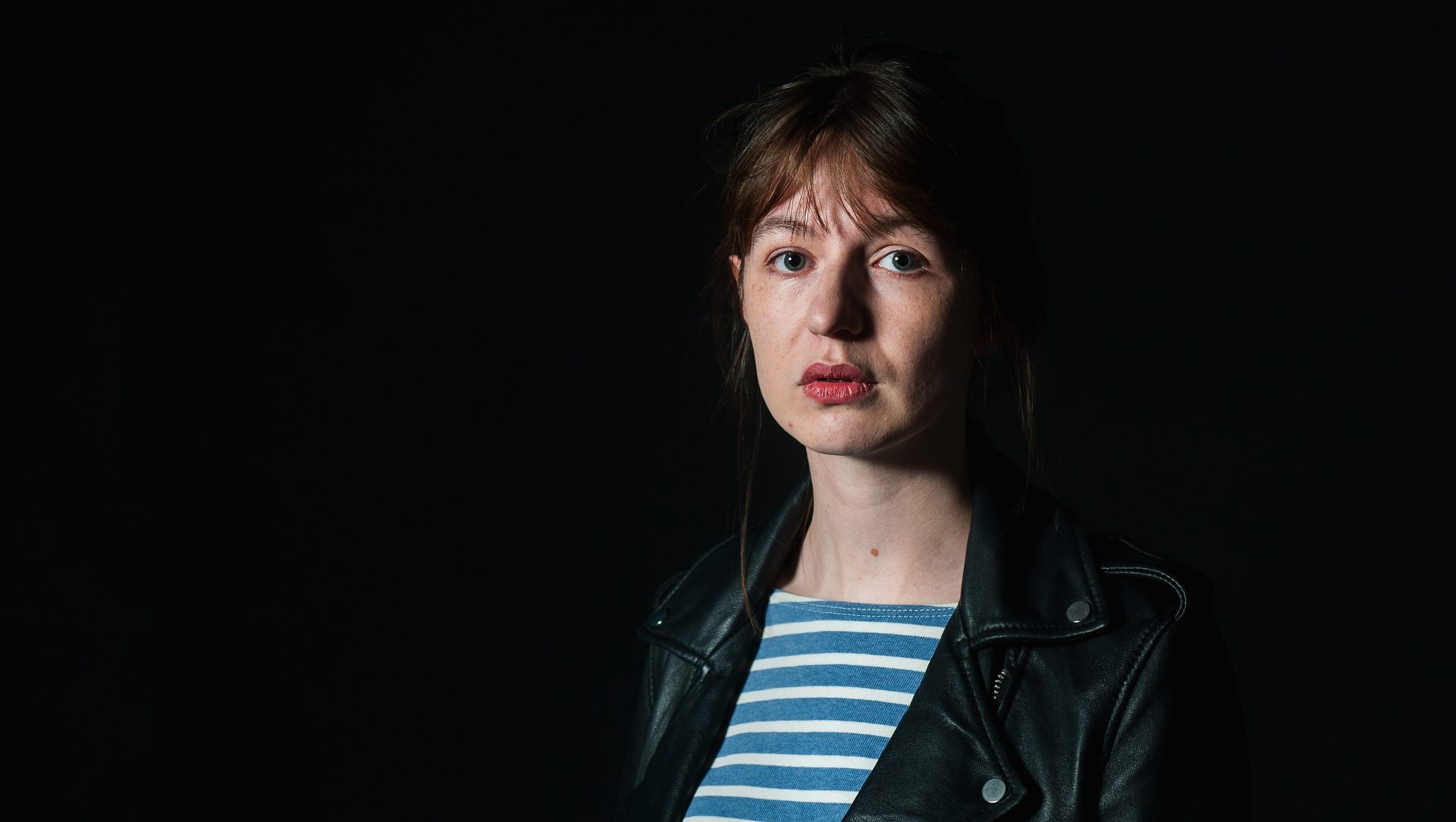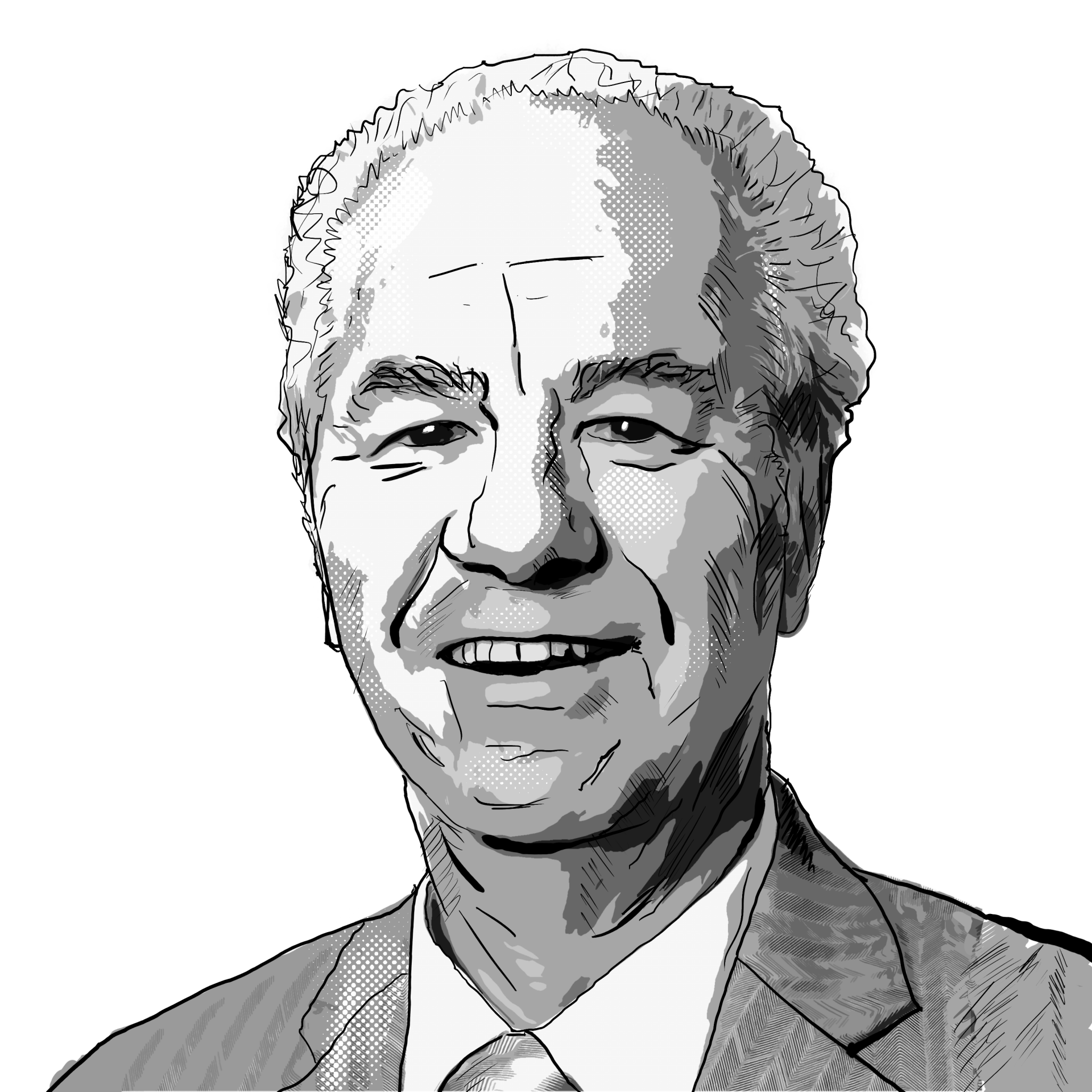Like many others, I have been waiting with bated breath for the publication of Irish literary sensation Sally Rooney’s fourth novel, Intermezzo, in September. Rooney is at once a distinctive voice in contemporary literary fiction and the generational product of a particular moment in Irish history. As such, and in preparation for Intermezzo, I have been avidly revisiting the work of some of her peers.
The Irish literary scene is thriving, which makes choosing just five other Irish writers likely to appeal to fans of Rooney a daunting task. Some – like the matriarch of contemporary Irish fiction, Anne Enright, or the singular Claire Keegan – are choices so obvious as to have escaped mention.
Many others I haven’t mentioned, such as Rebecca Ivory, Maggie Armstrong, Niamh Mulvey, Caitríona Lally and Claire-Louise Bennett, have recently published work which has assuaged any doubts as to the future health of Irish fiction.
1. E.M. Reapy
Readers taken with Rooney’s novel Normal People (2018) and its representation of austerity might turn to E.M. Reapy for another angle on this fraught moment in recent Irish history, and its impact on a generation of young people.
Red Dirt (2016) is set in Australia and follows three young emigrants from recession-wracked Ireland. While Normal People highlights austerity’s subtle violence – the ways it strips dignity from human life – Red Dirt is often overtly violent. When Fiona observes: “We disappear. Us Irish”, for example, she is referring not only to the transience of seasonal work but to fellow travellers actually going missing.
Absence is a structuring force throughout – each of the three protagonists is aware of the “parked-up cars”, the “unlived-in property”, and the “suicides” they have left behind. The novel is replete with Rooney-esque depictions of class divides – of emigrants braying that the Celtic Tiger is “just on fucking holidays Down Under”, and of characters who bemusedly reiterate “I’ve a BA, a postgrad and an MA” as they perform unskilled, low-paid labour.
However, where Red Dirt is perhaps more nuanced than Rooney’s college campus dramas is in its attention to those who are not redeemed from their class origins by intellect or merit. As one such character poignantly asks: “How could someone like me stay in Ireland? Ireland’s only sad when the brainboxes leave. Ireland never gave a fuck about people like us.”
2. Niamh Campbell
Niamh Campbell’s debut novel, This Happy (2020), interjects protagonist Alannah’s recollections of an affair with an older playwright with her present marriage to a wealthy man.
As she reinterprets the former as an attempt to overcome her humble class origins, she is aware that her present life is only possible because she lives rent-free in her husband’s parents’ second home.
This Happy heralded the arrival of an immensely promising talent. Campbell’s 2022 follow-up, We Were Young, more than delivered on this promise. A meditation on art-making and Dublin, gender politics and gentrification, it follows Cormac, a 30-something art lecturer who moves through life one affair with a younger woman at a time.
Cormac’s bad behaviour is a proxy for a much bigger reckoning that builds over the course of the novel. His vainglorious self-regard is, as his former student and long-suffering lover Nina points out, mirrored in his artistic practice.
For those interested in Rooney’s novel Beautiful World, Where Are You (2021) and its contemplation of the political utility of art, this is your next read.
3. Nicole Flattery
Rooney is a fan of Nicole Flattery, penning a blurb endorsement for her “bold, irreverent and agonisingly funny” debut short story collection, Show Them A Good Time in 2019.
This collection is set between global capitals like New York City and Paris and small, unnamed towns in the Irish midlands, famous only “amongst people with car sickness”. The female narrators are outsiders, and they see more clearly than anyone else the uncanniness of the world we inhabit.
While Show Them A Good Time is anchored in the contemporary moment (from the mid-1990s to now), Flattery’s debut novel, Nothing Special (2023), takes place in the swinging sixties. The novel’s compelling narrator, Mae, is a typist in Andy Warhol’s New York studio, The Factory.
One of the characters in Show Them A Good Time notes that “history was not happening in my town, not to me”. Teenage Mae is witnessing it in the making – yet is no less alienated for this fact.
4. Michael Magee
Michael Magee was known to literary types long before the publication of his debut, Close To Home, in 2023. His work has appeared in a raft of Irish literary journals, and he is fiction editor of The Tangerine Magazine, which he co-founded in 2016.
Since then, Magee has been shortlisted for Sunday Times Young Writer of the Year, been a category prize winner in the Nero Book Awards, and won both Waterstones Irish Book of the Year and the Rooney Prize for Irish Literature.
Where Sally Rooney is strong on how college intermingles “capital-p” politics with the interpersonal and romantic politics of young adulthood, Magee extends similar considerations into the dreaded post-graduation phase.
Close To Home is set in Magee’s native Belfast, to which protagonist Seán has returned after having studied in Britain. This homecoming (referenced in the title) is ambivalent, as he struggles to establish an adult life in a hometown beset by structural youth unemployment and the lingering effects of the Troubles.
Fans of Rooney might also enjoy Magee’s interview with her three months after the publication of Conversations With Friends (2017).
5. Sara Baume
West Cork-based writer and artist Sara Baume is, for my money, one of the most exciting figures working in Irish literature today.
Her Costa Book Award-winning debut, Spill, Simmer, Falter (2015), charts the relationship between a lonely old man and the stray, one-eyed dog he takes in. Her next two books, A Line Made By Walking (2017) and Handiwork (2020), interweave visual art, art history and literary narrative.
In the former, 25-year-old artist Frankie suffers a mental breakdown which prompts her to leave the city and her low-level curatorial job, to move into her recently deceased grandmother’s home in the middle of nowhere. There, she begins photographing the dead animals she finds in her new surroundings. This novel’s depiction of the bone-deep loneliness of existing in a world that is often callous and cruel moved me to tears more than once.
Baume’s most recent novel, Seven Steeples (2022), follows a similar premise. This time, though, it shifts focus to a couple moving from city to country in search of what it might mean to live a good life. In this – Baume’s attempt to locate a good life and art’s place in it – she most closely resembles the Rooney of Beautiful World, Where Are You.
Orlaith Darling, PhD Candidate, Contemporary English Literature and Critical Theory, Trinity College Dublin
This article is republished from The Conversation under a Creative Commons license. Read the original article.










